
Self Quest
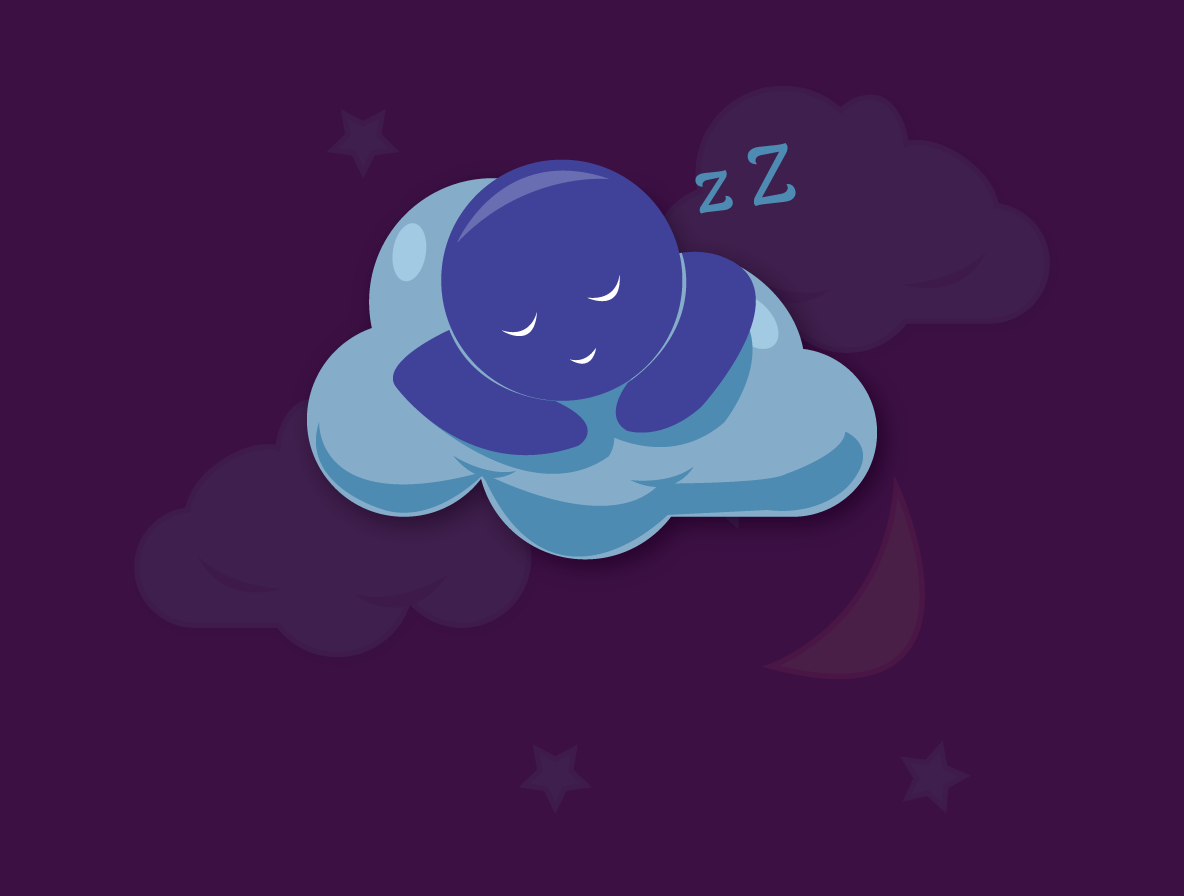

Journaling is an activity you can use to reflect on your thought patterns and emotions. It can give you space and a structure to record how you’re feeling and/or a way to think about things differently. Here, Kids Help Phone offers suggestions to incorporate journaling as a tool to boost your mood, process difficult emotions and notice the good in everyday life.
It’s understandable if starting with a blank page feels overwhelming. The activities here can help you get started by incorporating journaling into your daily, weekly or monthly routines. You can use a scrap piece of paper, a notebook or the notes app on a phone or computer or you can use the tool on this page. If saying things out loud works better for you, you can also use a voice memo or recording app. You can even use the voice-to-text function on your phone to fill out the journals on this page!
There are no specific rules for journaling. Journaling can mean just jotting down something you feel good about, are grateful for or that brightened your day — or you can try something more structured (check out the ideas in these activities!). These are often things you do throughout your day already without realizing it. While it may feel difficult to find things to be excited about or hopeful for at first, remember, the process can take time.
If you find journaling isn’t benefitting you, it’s OK if there are other tools and activities that feel better. It can take time to incorporate the practice of journaling into your wellness routine. You can be proud of yourself for taking the time to look after your well-being — whatever that means for you.
Tech tip: You can choose to enable the speech-to-text function on your device or computer by going to settings. Please note, however, that this function may not be supported on all devices, platforms or browsers.Make notes of the things you notice feeling grateful for or appreciative of throughout the day.
Use specific prompts to set your mindset in the morning and reflect on your day in the evening.
Use prompts to reflect back and remind yourself of where you found joy, calm and strength.
Set goals for yourself about anything going on in your life: school, work, family, friends, hobbies, etc.
Explore an experience or moment through words, drawing, a collage or whichever way feels best to express yourself.
It can be helpful to start small: take note of something once a day, a few times a week or whenever you think about it. There’s no minimum amount, and it’s OK if you forget or skip a day. Journaling is less about the number of times or things you write down and more about the act of making time for reflection.
Is there something positive or interesting that you really want to remember? What about a lesson you learned because of something that happened? Or a reminder of a thing or person that made you happy and brought you joy? Spend a few minutes drawing or making a collage of the details of the experience. Include things you saw, heard, felt, smelled and tasted to create a full picture of the experience or moment. This exercise may help the positive impact of the experience last longer.
Recognizing the good things in your day may result in more positive thinking patterns, increased feelings of hope and can help you become a more balanced version of yourself. You can be proud of yourself for taking the time to look after your well-being — whatever that means for you.
Creating space to check in with yourself and acknowledge something positive at the beginning and end of your day can help shift your mindset over time. It may help you to recognize the good and note small steps you can take each day to shift your outlook or perspective. You can be proud of yourself for taking the time to look after your well-being — whatever that means for you.
At the end of the week it may be helpful to reflect on what brought you joy, strength and helped you to feel calm or grounded. It’s OK if your week didn’t go as anticipated or if some days felt tougher than others. You can recognize what went well and what you want more of to help prepare for the week ahead. You can be proud of yourself for taking the time to look after your well-being — whatever that means for you.
At the end of the day or week it may be helpful to reflect on the goal(s) you set for yourself. It’s OK if you didn’t accomplish all of your goals or meet them in the way you imagined. You can recognize the steps you took towards them and consider what may have made them challenging to accomplish and if starting small and building on them is more realistic. Taking time to reflect on your goals may help prepare for the day or week ahead. You can be proud of yourself for taking the time to look after your well-being — whatever that means for you.
One of the best parts about journaling is that you get to choose the format you use, depending on what’s most helpful for you. Reflecting on a specific experience through an activity that’s flexible and creative may provide perspective in a new way. You can be proud of yourself for taking the time to look after your well-being — whatever that means for you.
 Date
Date
 Date
Date
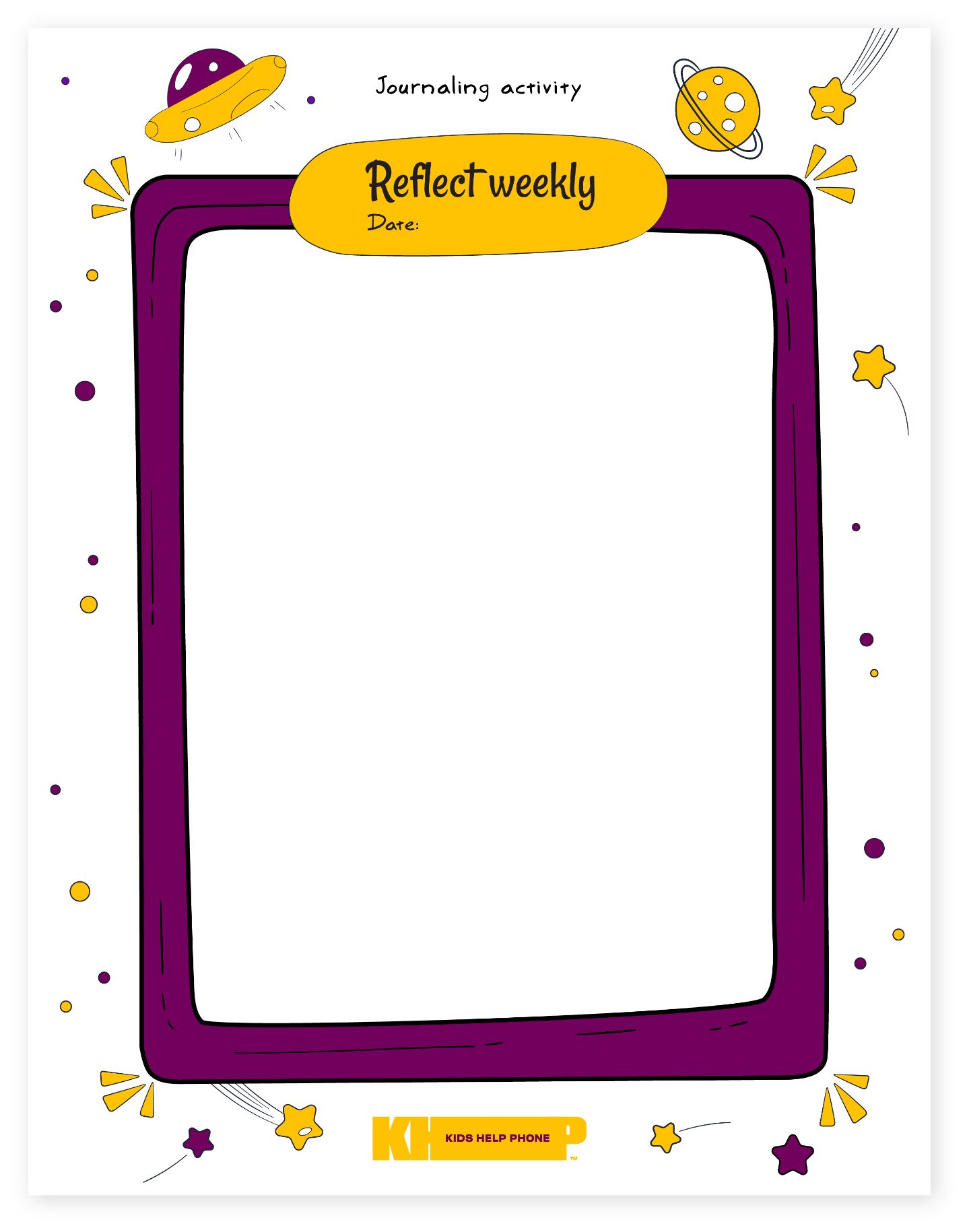 Date
Date
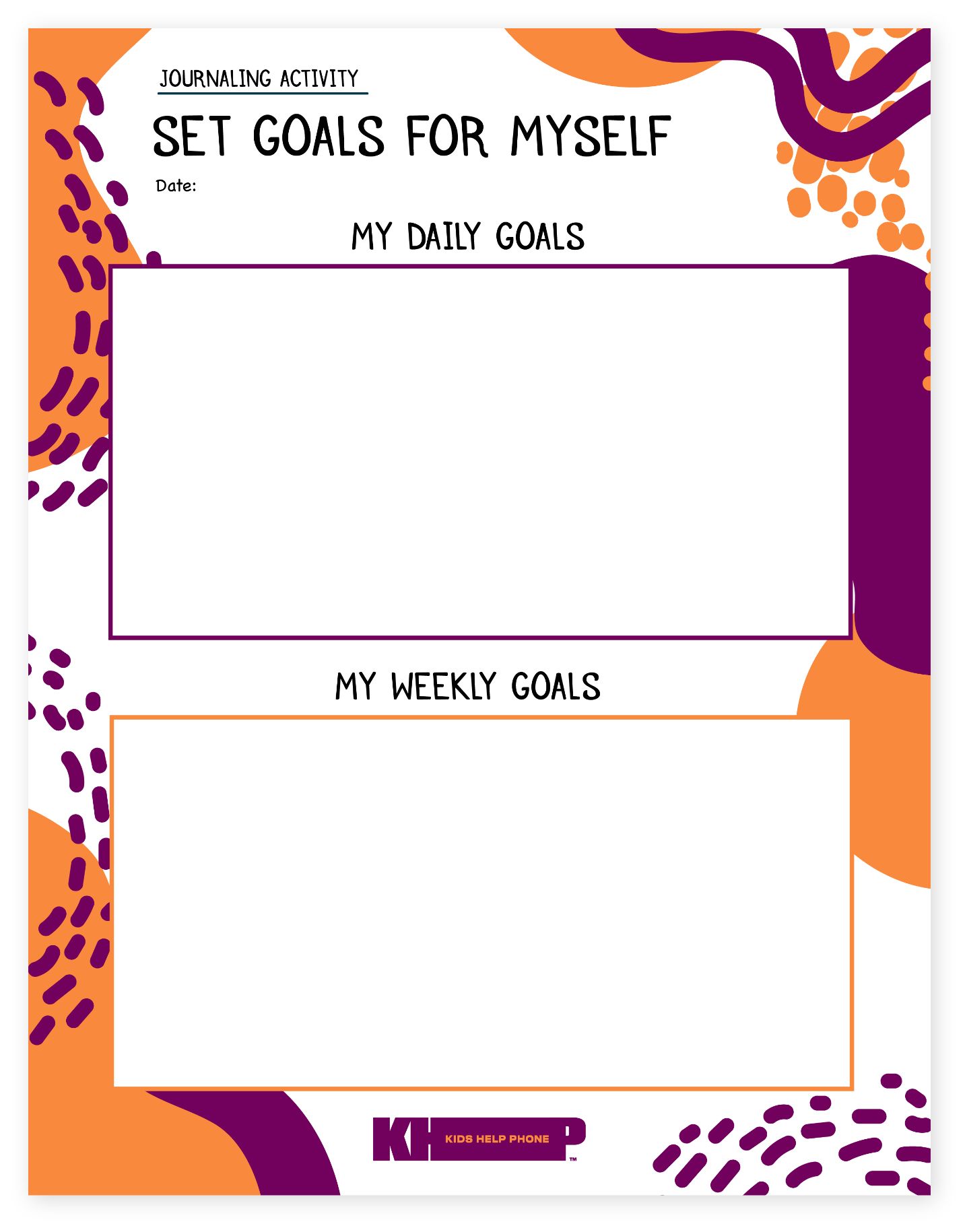
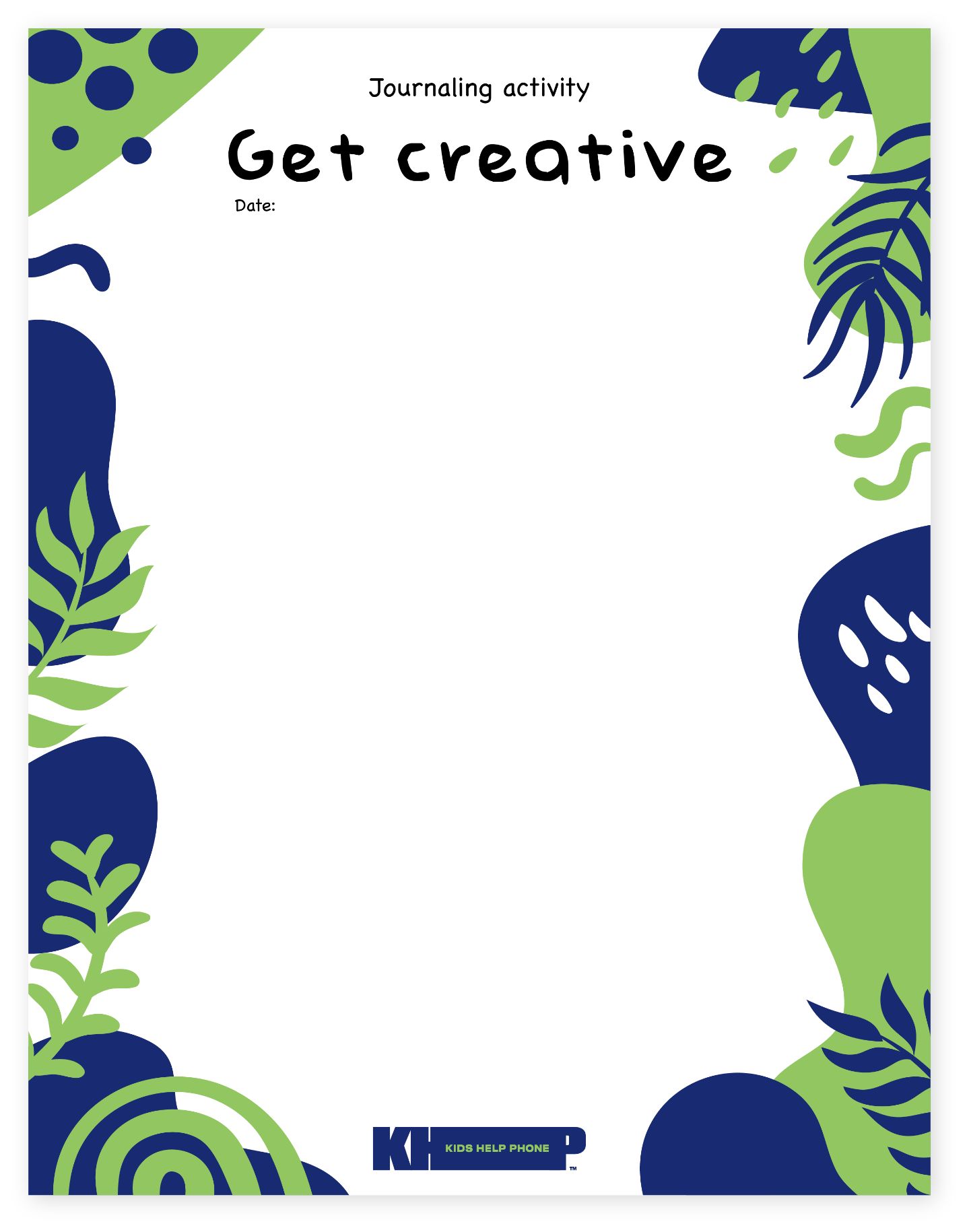 Date
Date
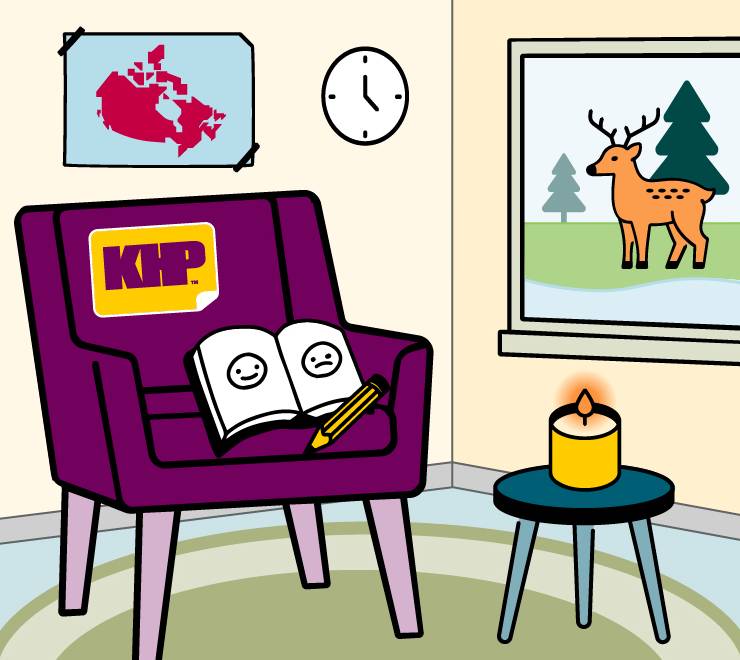




Live Chat is available from midnight until 7:00 a.m. You can always text CONNECT to 686868 to reach a trained volunteer Crisis Responder 24/7.
For a better mobile chatting experience, download our Always There app
Get information about how your thoughts, feelings and behaviours are connected and what you can do to care for your well-being. Learning about mental health can help empower you with the language to communicate how you’re feeling.
Practise with tools, tips and resources to help build your skills and improve your wellness in the way that feels best for you. Learn how to identify your strengths, communicate thoughts and feelings, overcome obstacles and connect with support.
Find out how much you know about specific topics and get resources to learn more.
Reduce stress and have fun at the same time.
Identify who and where your community is to get help when you need it.
Try different tools to express how you’re feeling.
Access tools for safety planning and reporting.
Regain calm and relax with these activities.
Identify how you’re feeling and find resources to support you right now.
Explore lived experiences from other young people across Canada. Learn from real-life youth stories, gain new ideas and ask questions to connect and inspire your own wellness journey.
The Peer-to-Peer Community is a space to connect with other youth and tell your story, provide encouragement or get support (or all of the above!).
On the Feel Out Loud Community Creator Space you can explore content created by your peers and / or share your own (written or image content welcome!).
Find out what other young people are contacting us about.
If you need help right now, you can talk to a trained volunteer crisis responder about anything you're going through. No issue is too big or too small.
If you identify as Indigenous, you can ask to be connected with a First Nations, Inuk or Métis crisis responder (if one’s available) by messaging FIRST NATIONS, INUIT or METIS to 686868.
Connect with a professional counsellor to better understand what you're going through and help take a step in the direction you want to go.
You can immerse yourself in data about some common conversation topics to get a deeper understanding of mental health in Canada.
Want to learn about mental health, connect for support or get involved? You can check out our tools and resources.


